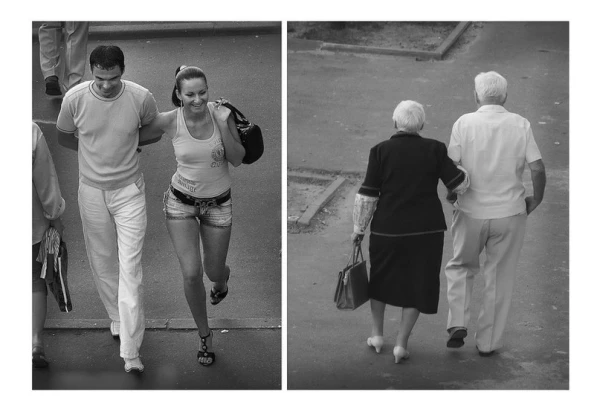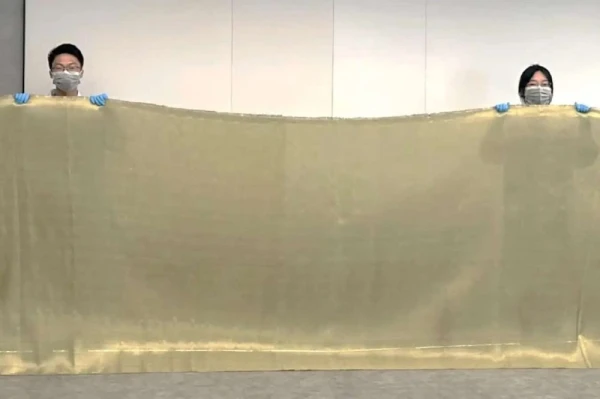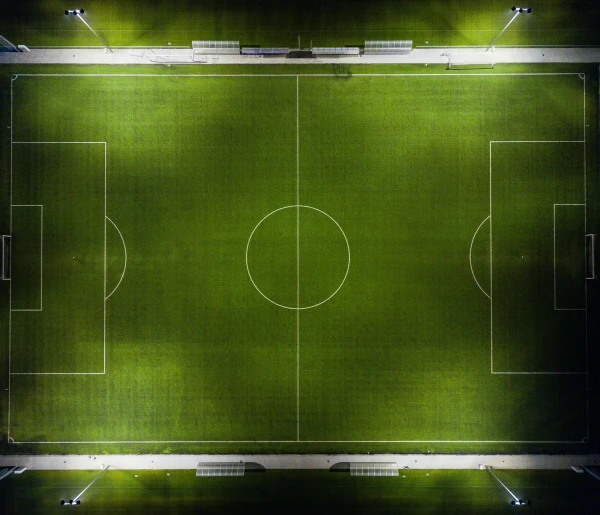
Young people often see no point in spending their time participating in the construction of the 'blessing.'
“Zoomers” are representatives of Generation Z, born approximately between 1997 and 2012. They grew up in a digital environment and are characterized by high technological literacy, valuing sincerity, freedom, and personal boundaries. They are often referred to as the “digital generation,” as smartphones are as familiar to them as spoons or forks are to previous generations.
Older generations tend to accuse 'zoomers' and even millennials of laziness. However, such a conclusion clearly touches only one aspect of socio-economic relations. Under the guise of laziness (a tendency towards inaction) may lie a complex of other, more socially significant motivations and factors:
Fatigue due to information overload. The information ecosystem, built on hype consumption, leads to constant, at least subconscious reactions to meaningless statements on socially significant issues. Adding to this the inability of the digital generation to concentrate for long periods results in neuroticism and overwork.
Incompatibility with the value system of older generations, for many of whom money comes first. Given that money is rapidly depreciating and many essential goods, such as residential real estate, are becoming inaccessible to the “honest person.” Working hard just to spend earned money on vacations in Turkey, alcohol, cigarettes, and pills is not an appealing solution for young people in the face of abundant video and gaming content. It’s not that 'zoomers' are not characterized by consumerism, including the demand for self-actualization through “SWAG,” it’s just that it is more digital and less tangible: once again, there is a feeling of personal space being compressed around the individual.
Younger generations, including 'zoomers' and millennials, place a higher value on self-realization. It is also worth mentioning the ageism of today’s “boomers,” their unwillingness to adapt to the demands of young employees, to explain (including to themselves) why they need to do what they do, and to seek compromises. The result is the classic “the upper class cannot, and the lower class does not want” in the generational paradigm.
Poor well-being as a result of specific living conditions: the wildly capitalist and state-capitalist urban infrastructure of “spend or stay home,” overcrowded public transport (often with high costs for group members and difficulties in fare evasion), viral diseases with reduced immunity, low food culture and an abundance of convenience foods, energy drinks, and nicotine in the diet, lack of a habit for active recreation and spending time outdoors, depressive climatic factors, irregular working hours or night shifts - all of this contributes to the development of depression.
It is also important to note the low wages amidst high living costs, especially in lower-level positions held by 'zoomers.' The absence of proportional rewards for the effort expended and even a sense of gratitude (as is customary, for example, in Japanese corporate culture) demotivates individuals to work, such is human nature regardless of age.
It makes sense to mention the socio-cultural divide. 'Zoomers' often see no point in spending their time participating in the construction of the “blessing” that the “Brezhnev youth” wants to see, while middle-aged individuals build it in an effort to close mortgages or maintain their usual level of consumption.
By the way, the usual level of consumption is what drives representatives of generations X and Y to work harder and harder in an attempt to keep up with entropy. Achieving the same level of wealth proportional to the effort expended, as was the case before the conditional years 2012-2014, is unrealistic for society as a whole. 'Zoomers' have little memory of the blessings of past years, which, in turn, deprives them of illusions about the possibility of “staying in place” even at the cost of titanic efforts.
Overall, such “laziness” appears as a form of socio-economic hibernation, a desire to wait out a natural disaster or to wait for the predator to die of exhaustion before it is time to emerge from the burrow or hollow. In general, such a system even appears stable and brings stability to the political model - as long as the incomes of parents from older generations are sufficient to support the “lazy,” they are unlikely to go burn palaces in a Nepalese scenario.













